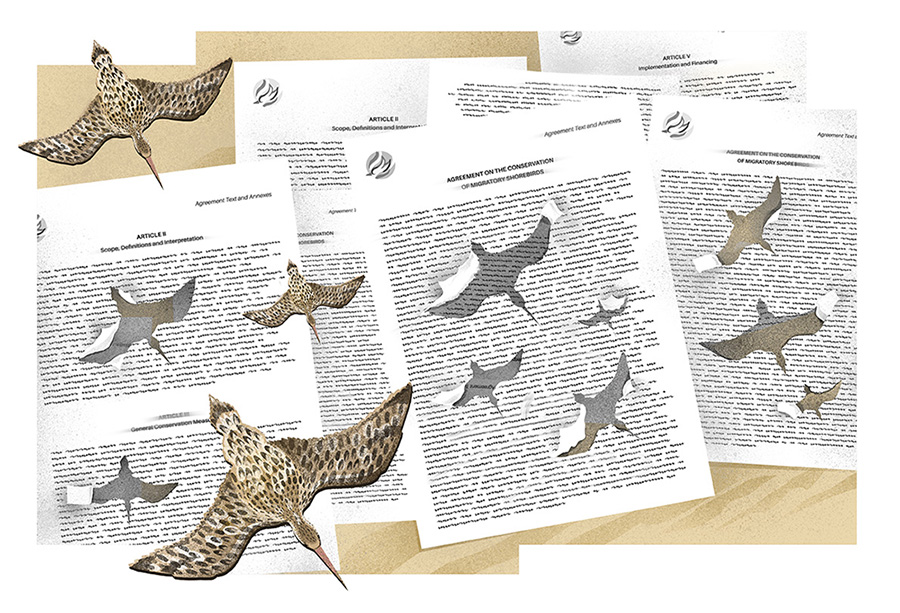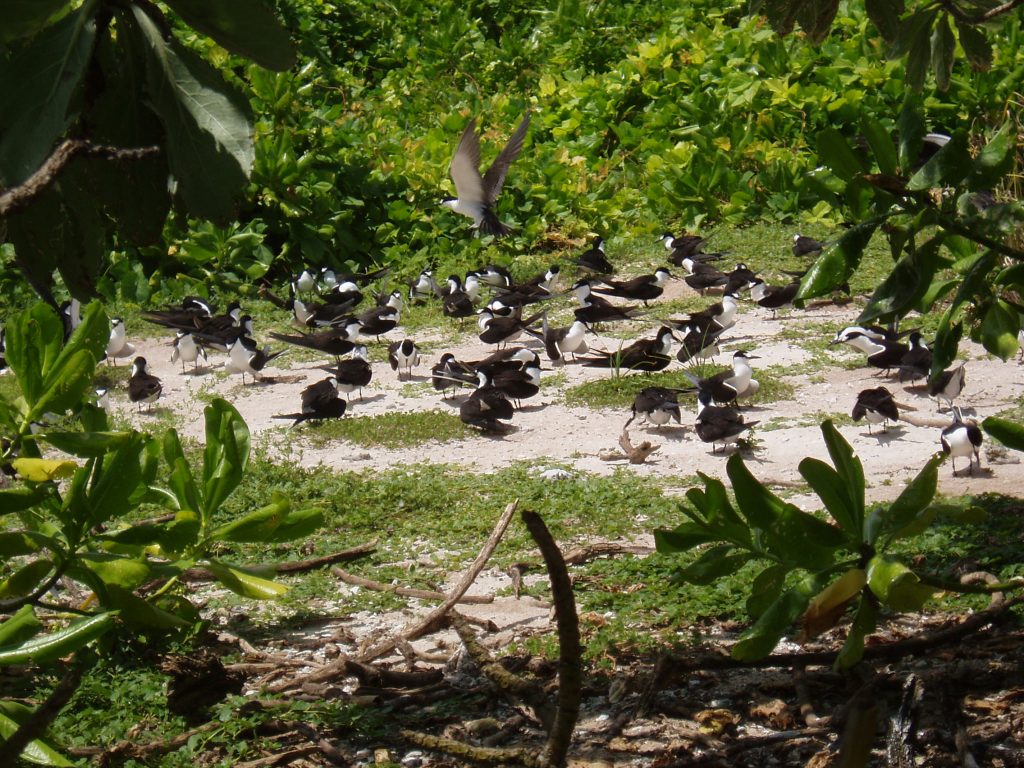Estimated changes in terrestrial metabolic rates in the tropics are equivalent to those in the northern latitudes.
Biotic effects of global warming have been extensively documented in the high latitudes of the Northern Hemisphere, because of the rapid increase in temperatures here. To fill the gap on responses to warming in tropical biota, 3 scientists from the US have used temperature data with broad geographical coverage and empirical data about ectotherms to arrive at metabolic rates. Metabolic rate is used because it is a fundamental physiological index of an organism’s energetic and material needs, its processing capacity and its ecological impact.
Temperature data for the period 1961 to 2009 was collected from 3186 weather stations, with over 500 million temperature measurements. Ever since 1980, temperatures rose fastest in the Arctic, followed by north temperate zones and the tropics, but remained more or less unchanged in the south temperate zone. Surprisingly, absolute changes in metabolic rates (total energy used by an organism) increased most quickly in the tropics and north temperate zones and less in the Arctic. This is because tropical warming took place in an environment that was initially warm. Alternatively, trends in percent metabolic rate (effect of warming on individual organisms) closely match temperature changes, indicating individual ectotherms have been severely affected in the Arctic and north temperate zones.
Overall, the projected increases in median surface air temperature by the end of the twenty- first century for the two regions (3.5–4.0 °C in the tropics, and 4.0–5.5 °C in the north temperate zone) should cause roughly similar absolute increases in metabolic rates of tropical and north temperate organisms. Such increases will have physiological and ecological impacts: warmed tropical ectotherms will have increased need for food and increased vulnerability to starvation, reduced energy for reproduction, increased rates of evaporative water loss in dry environments and altered demographies. Furthermore, metabolic increases should alter food web dynamics, leading to elevated rates of herbivory and predation, as well as changes in the spread of insect-borne tropical diseases. Because the tropics are the centre of Earth’s biodiversity and its chief engine of primary productivity, the relatively large effects of temperature change on the metabolism of tropical ectotherms may have profound local and global consequences.
Further reading
Dillon ME, Wang G & Huey RB. 2010. Global metabolic impacts of recent climate warming. Nature 467: 704-706.
Sandhya Sekar is a PhD student at the Centre for Ecological Sciences, Indian Institute of Science, India. sandysek@gmail.com





